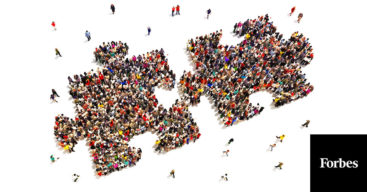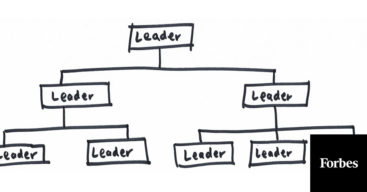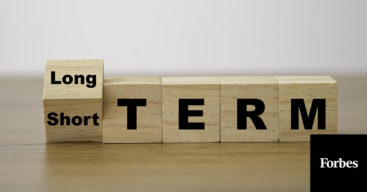Originally published November 13, 2020 on Forbes
A global pandemic is raging. Racial tensions are smoldering. Economic inequality is increasing. An environmental crisis is looming. And a partisan chasm in the US is widening. The challenges we’re facing didn’t just show up this year or even the over the last four years. They’ve been simmering for half a century as we’ve grappled with the end of the post-war economic boom and fights over civil rights and equality. Faced with increasing tensions many of our leaders have chosen to respond with win-lose framings that at their worst have incited violence and at their best have lacked moral imagination. They’ve pitted capital against labor, profits against the environment, people against the government, and citizens against each other. Our long-simmering challenges have now reached a boiling point with a growing sense that things must change, or something will blow.
While we don’t yet know the best paths forward to address these challenges, I do know where the paths start: with love.
All lasting change, whether in a person, relationship, family, organization, town, city, or nation, starts with love. Love accepts people where they are (an ironic prerequisite of change). It listens without judgment. It sees without stereotyping. And it opens the door for dialogue, imagination, and new possibilities.
Yet, despite the central importance of love, our business and political leaders often struggle to embody it. One reason is the pervasive be-tough, show-no-emotion, dominate-or-be-dominated, zero-sum mindset that has long been valued and rewarded in our culture. To embody anything but this mindset is regarded as weak. This false assumption has brainwashed too many of our leaders for too long to the detriment of our institutions and society. Power, competitiveness, and the will to win are inevitable and valuable elements of modern life. But when they exist in the absence of love, they become destructive.
In his 1967 speech Where Do We Go From Here? Martin Luther King Jr articulated this requisite coexistent relationship between power and love: “What is needed is a realization that power without love is reckless and abusive, and that love without power is sentimental and anemic. Power at its best is love implementing the demands of justice, and justice at its best is love correcting everything that stands against love.”
We need more full-throated endorsements of love from our leaders. While these days we hear a lot about empathy as a critical leadership characteristic, we hear little about love. Is empathy love? It is not. Empathy is a foundational and necessary precursor to love, but it is not love per se. Where empathy seeks to understand, love seeks to do something. Love is empathy in action. Love moves past awareness through vulnerability to take a stand and lay something on the line.
James Baldwin captures this laying-it-on-the-line type of love in his 1962 essay on race, Letters from a Region in My Mind: “Love takes off the masks that we fear we cannot live without and know we cannot live within. I use the word ‘love’ here not merely in the personal sense but as a state of being, or a state of grace—not in the infantile American sense of being made happy but in the tough and universal sense of quest and daring and growth.”
This type of tough, unflinching, open, and daring love is needed now more than ever because it’s the only thing that can break open the entrenched-ness and stuck-ness we’re all feeling. This type of love is the only thing that will allow us to take off our masks and see each other. This type of love is the fuel that fires our moral imaginations to find new and powerful paths forward together.
In an era of scientific, technical, and industrial progress our moral imaginations have atrophied. Efficiency, a fine goal, has problematically become the only goal. Short-term value has supplanted long-term health. Specialization and individualization have weakened connection and community.
Two hundred years ago poet Thomas Love Peacock wrote an essay on how poetry had become irrelevant in a world where “mathematicians, astronomers, chemists, moralists, metaphysicians, historians, politicians, and political economists” had come to occupy “the upper air of intelligence.”
The following year poet Percy Bysshe Shelley penned a rebuke, arguing that Peacock failed to grasp the vital role a poet plays as a “legislator of the world” who works to “produce the moral improvement of man.” “The great secret of morals,” Shelley contended, “is love.” Through love the poet puts himself “in the place of others;” identifies with “the beautiful which exists in thought, action, or person;” and makes the “pains and pleasures of his species…his own.” Through love the poet “imagines intensely and comprehensively” and in so doing “awakens and enlarges the mind” with “a thousand unapprehended combinations of thought.”
We need poets to counterbalance power brokers right now. We need those thousands of unapprehended combinations of thought to revitalize a moral imagination that has suffocated in our greed-is-good modern world. We need storytellers and sensemakers to remind us that we’re all in this together, that separateness is an illusion, and that there is no winning when others get left behind.
Love is not weak. Love is not soft. It is, as Mahatma Gandhi said, “the prerogative of the brave.”
At this pregnant moment in our nation and world we need brave leaders, which is to say we need leaders who have the conviction and courage to love.



